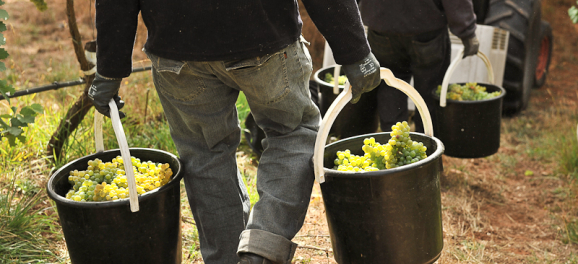Austria

Austria used to be something of a hinterland for wine drinkers. The 1980s antifreeze scandal loomed large, and it didn’t help that grape varieties were difficult to pronounce. There were rather useful consequences, however. Considering tumbling exports, many producers repositioned their offer, targeting a higher market segment. Styles became drier to disassociate from the beefed-up blending produce that had caused harm. Grüner Veltliner developed a global following, thanks to striking herbaceous notes, pepperiness, and ability to create highly authentic wines across different sweetness levels. Here is a useful statistic: the volume of Austrian wine exported in 2022, at 68.2 million litres, was a little less than in 2002; the value of this wine, however, was nearly four times greater (€232m against €60m). Austrian wine has arrived. There is exceptional value to be had from quality-conscious producers who are helping to rebuild local reputation. At Gols, the famous capital of the Neusiedlersee wine-growing region, the Schreiner family are carefully crafting organic wines that exceed expectation. Their methods – natural fertilisers, low sulphites, respect for biodiversity – are historic, but are helping to shape the future of Austrian winemaking.

